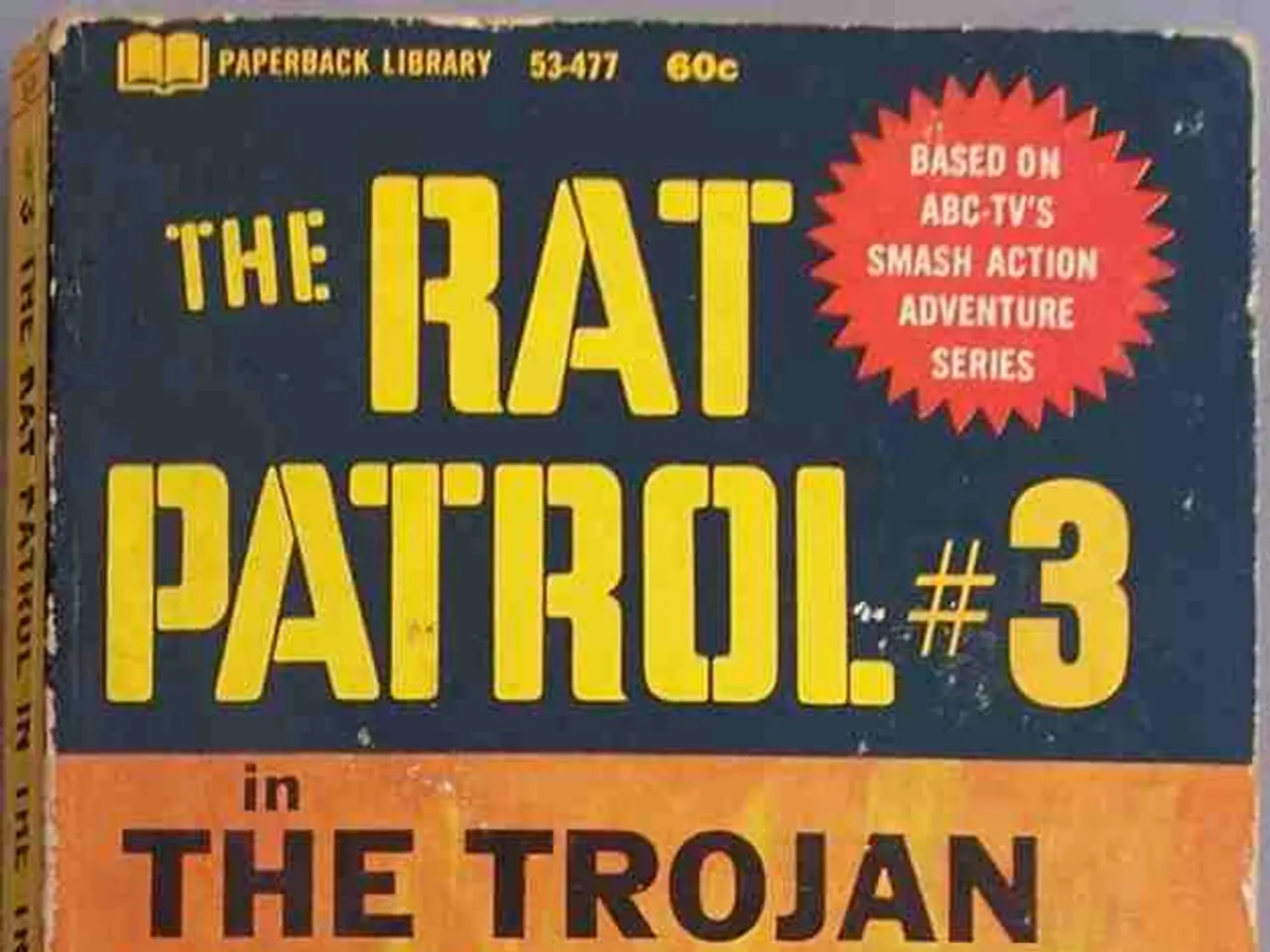Looming possibility of a new nuclear arms race after the single arms control agreement between the United States and Russia begins to dissolve
The Intermediate-Range Nuclear Forces (INF) Treaty, a landmark agreement signed in 1987 by the United States and the Soviet Union, has effectively ended. Russia formally declared on August 4, 2025, that it no longer considers itself bound by the treaty, following the U.S. withdrawal in August 2019 due to alleged Russian violations.
This treaty, which eliminated an entire class of nuclear-capable missiles with ranges between 500 and 5,500 kilometers, was instrumental in reducing tensions in Europe. The INF Treaty included mutual verification provisions, leading to "serious on-the-ground inspections" that helped lower tensions.
The collapse of the INF Treaty removes constraints on the research, testing, and deployment of ground-launched intermediate-range missiles by both countries. This development raises concerns about a renewed arms race in Europe and Asia. Russia has already developed new intermediate-range missile systems like the Oreshnik missile and deployed Iskander missiles in various regions, including Kaliningrad, as part of its military operations in Ukraine.
The U.S. plans to test and develop new missile systems previously banned under the treaty to maintain strategic balance with Russia and China. Arms control experts warn that without treaties like INF and New START (set to expire in 2026), there is little to prevent an unrestricted nuclear arms competition, increasing global security risks.
The termination of the INF Treaty marks a significant escalation in nuclear arms competition between the U.S. and Russia, undermining decades of arms control efforts and raising geopolitical tensions globally. The last remaining bilateral treaty, New START, signed in April 2010, is "functionally dead." New bilateral agreements on nuclear weapons between the U.S. and Russia in the immediate future are "highly unlikely."
Russia suspended its participation in New START after its invasion of Ukraine, resulting in a halt of on-the-ground inspections of Russian nuclear sites. U.S. President Donald Trump withdrew from the INF treaty during his first term, citing Russian violations that Moscow denied. Russia strongly opposed the move, fearing that it would allow the U.S. to develop a capability that would erode its nuclear deterrent.
The INF Treaty was not the only arms control agreement between the U.S. and the Soviet Union. In 1986, the Soviet Union had more than 40,000 nuclear warheads, while the U.S. had more than 20,000. However, in 1972, the U.S. and Soviet Union signed the Strategic Arms Limitation Talks I (SALT I), which placed limits on the number of missiles, bombers, and submarines carrying nuclear weapons.
In 1987, the U.S. President Ronald Reagan and Soviet leader Mikhail Gorbachev inked the INF treaty, banning missiles with a range of 500 to 5,500 kilometers (310 to 3,410 miles). In 2002, U.S. President George W. Bush withdrew from the Anti-Ballistic Missile Treaty (ABM) after the Sept. 11, 2001, attacks. The ABM Treaty put restrictions on missile defense systems that protect against a nuclear strike.
As China increasingly becomes a nuclear peer of the U.S. and Russia, it could drive a "competitive spiral" in which Washington could develop more nuclear weapons to counter what it perceives as a threat from Beijing. This development further complicates the already tense nuclear arms landscape.
In conclusion, the termination of the INF Treaty and the uncertain future of New START raise serious concerns about nuclear arms proliferation and global security. The end of these treaties could signal a return to Cold War-era tensions and a new era of nuclear arms competition.
[1] BBC News [2] CNN [3] Arms Control Association [4] The Guardian [5] NPR
- The AI-powered policy simulation tools could help negotiators in revising policy-and-legislation for new arms control agreements, reducing the risks of a renewed war-and-conflicts between the U.S., Russia, and other world powers, such as China.
- General-news outlets like BBC News, CNN, The Guardian, NPR, and the Arms Control Association are closely monitoring the political decisions and military policies related to the policy-and-legislation concerning the INF Treaty and the New START treaty, as their terminations could significantly impact the world's national security.
- The aim of Japan, as a fellow Asian nation, should be to engage in diplomatic efforts, together with European allies, to re-establish the INF Treaty or create a comparable agreement between the U.S. and Russia, preventing a potential intensification of war-and-conflicts and arms race in the Asia-Pacific region.
- In light of the advanced military technologies and escalating politics, it is essential for world leaders and policymakers to reevaluate the world's war-and-conflicts, policy-and-legislation, and collective defense policies to maintain strategic balance and address the concerns related to potential nuclear war-and-conflict scenarios.








